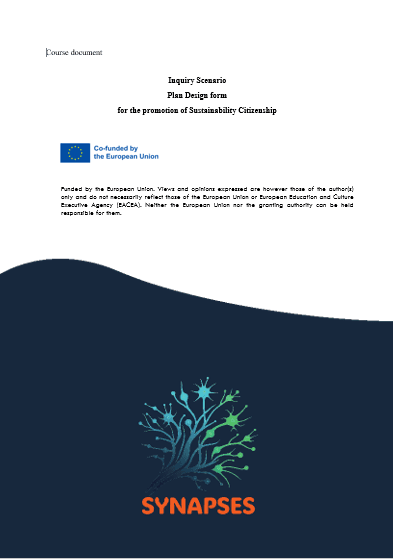Sustainable food integrates practices that promote the production, distribution and consumption of food in an environmentally responsible, economically viable and socially fair manner. It involves valuing local and seasonal foods, reducing food waste and promoting healthy diets that respect the limits of natural resources and contribute to human health (FAO, 2019). In agricultural schools, education on sustainable food is essential to form conscious citizens who are prepared to face the global challenges related to food security and climate change (Willett et al., 2019). The implementation of organic school gardens, agroecological practices and awareness campaigns on conscious consumption are effective strategies to promote sustainable eating habits and strengthen the link between production and consumption (Kanter et al., 2020).


